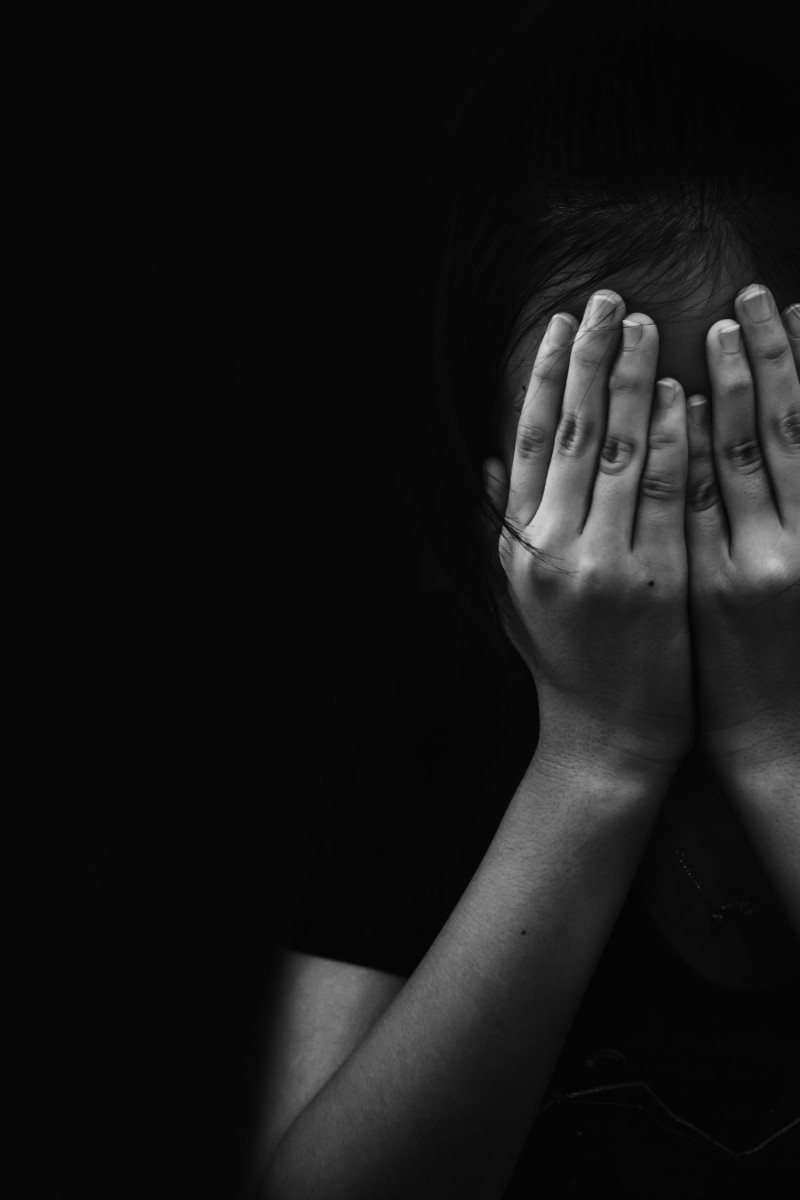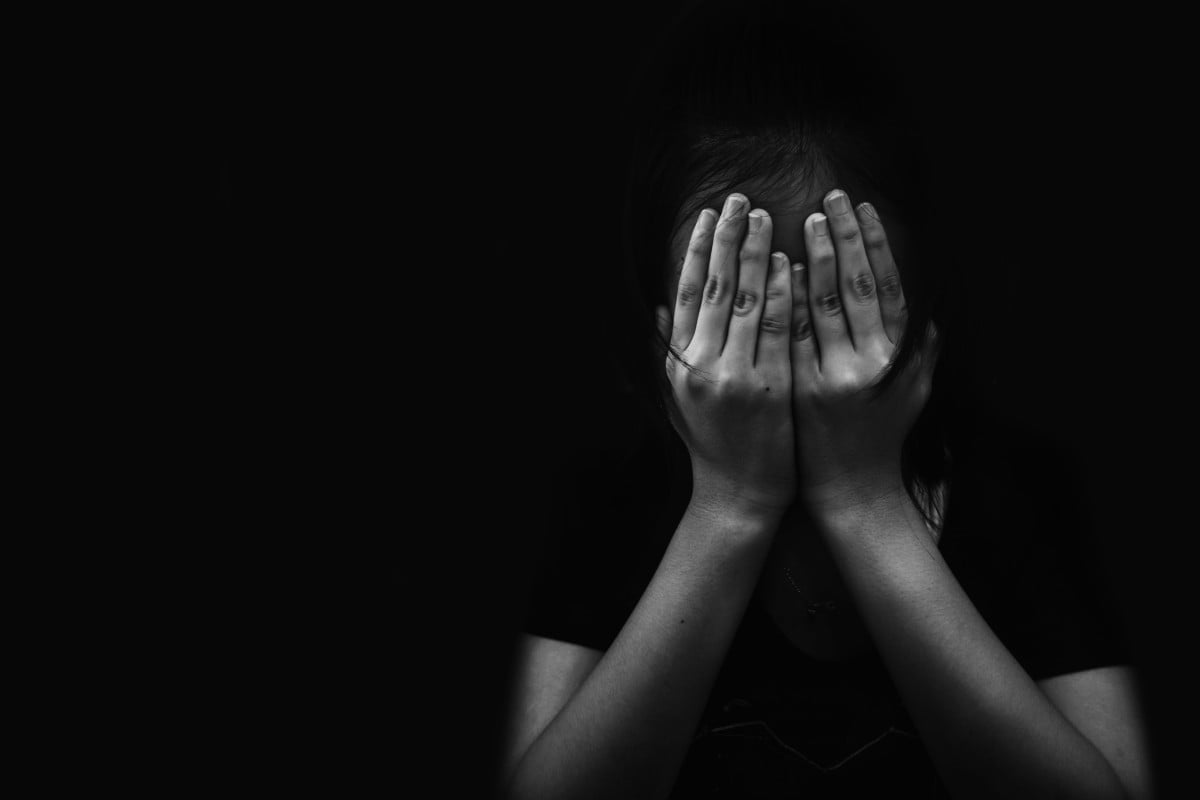
The city has a long way to go to combat the issue and no legal protection for victims, unlike its neighbors Macau and mainland China
 Human trafficking is a major issue in Hong Kong but unfortunately, no laws exist to fight it yet.
Human trafficking is a major issue in Hong Kong but unfortunately, no laws exist to fight it yet. Today is the United Nations' World Day Against Trafficking in Persons, a day specifically dedicated to raising global awareness about this pressing problem.
Otherwise known as human trafficking, this form of modern slavery still manages to thrive under the eyes of governments and non-governmental organisations (NGO). The Global Slavery Index recorded that even today, over 40 million people worldwide are enslaved, meaning they have been exploited for forced labour or sex while being robbed of their freedom, which is an abuse of their human rights. Sadly, this lucrative business exists in every country, regardless of wealth or population.
Indeed, human trafficking persists in Hong Kong as well. According to Matt Friedman, chief executive of HK-based anti-slavery group Mekong Club, 27,000 victims are based in Hong Kong, with about half of them identifying as domestic helpers.
Hong Kong still has a long way to go in combating this issue. In 2018, the U.S. Department of State categorised Hong Kong under the Tier 2 Watchlist, along with countries such as Iraq and Niger, indicating that although certain efforts have been made to combat human trafficking, not nearly enough has been done.
Last year, lawmakers Dennis Kwok and Patricia Ho tried to push forward legislative action by proposing a modern slavery bill that specifically targetted traffickers. Unfortunately, the bill hasn’t made as much progress in the Legislative Council as activists hoped. As of now, Hong Kong's remains one of the few jurisdictions that hasn't enacted laws to address human traffickers and their victims, falling behind its neighbours like Macau and mainland China, and it’s creating a huge problem.
“One of the excuses that the HK government has been using not to pass a modern slavery act is because they say human trafficking is not common. But it actually becomes a vicious cycle, because if there’s no law, then it’s very hard for victims to come out because they have no legal protection,” said Tina Chan, the project manager of the anti-human trafficking NGO Stop Trafficking of People (STOPHK), in an interview earlier this year.
Your Voice, Hong Kong: stories of freedom from Hong Kong
The facts stated in the Global Slavery Index seem to support the claim that the lack of government response hinders progress. In a 2018 report from the U.S. Department of State, 78 employers involved in the trafficking of foreign domestic workers were arrested and 35 were convicted of illegally forcing them into non-domestic work in Hong Kong. However, the inadequacy, as well as the inefficiency, of trafficking regulations by the government meant that the traffickers were only punished with fines and jail time of up to two months.
Clearly, this is an urgent matter that needs to be addressed by the Hong Kong government in order to avoid further injustice for trafficked victims and insufficient punishment for traffickers.
"On this World Day Against Trafficking in Persons, let us reaffirm our commitment to stop criminals from ruthlessly exploiting people for profit and to help victims rebuild their lives," affirmed UN Secretary-General António Guterres.